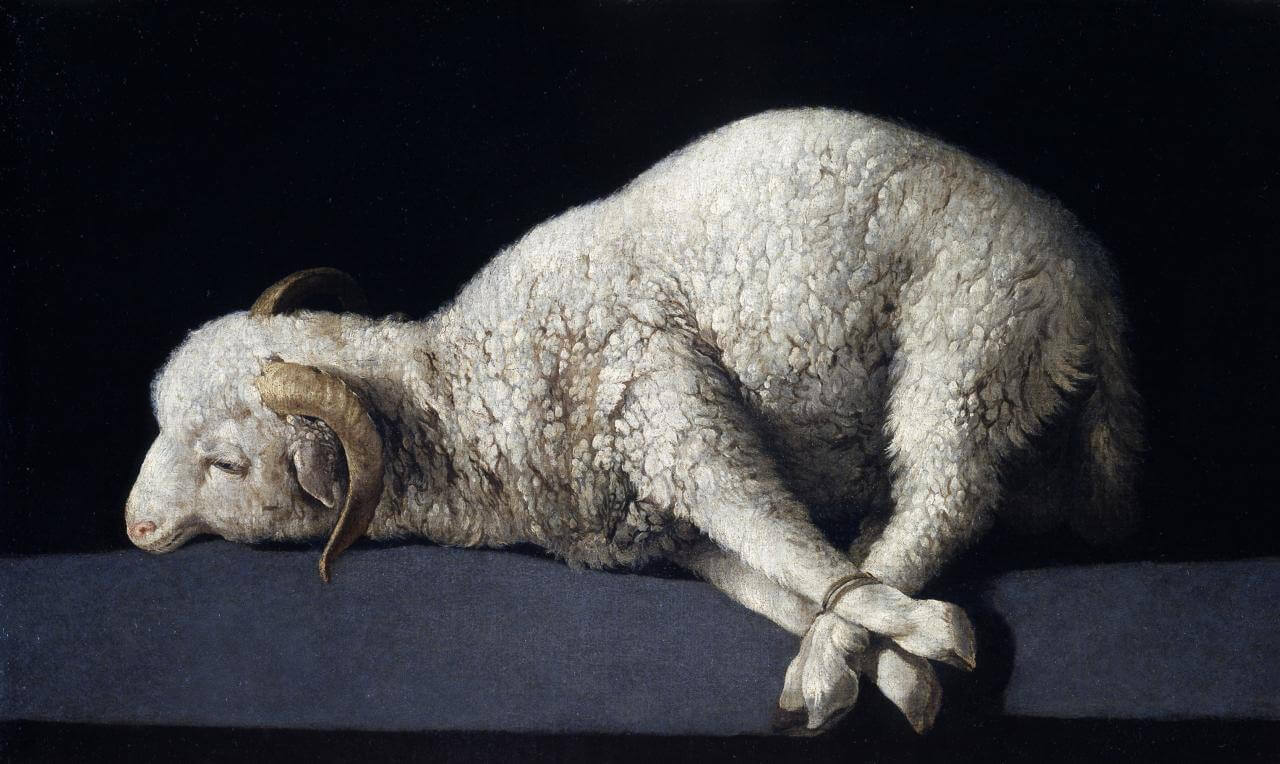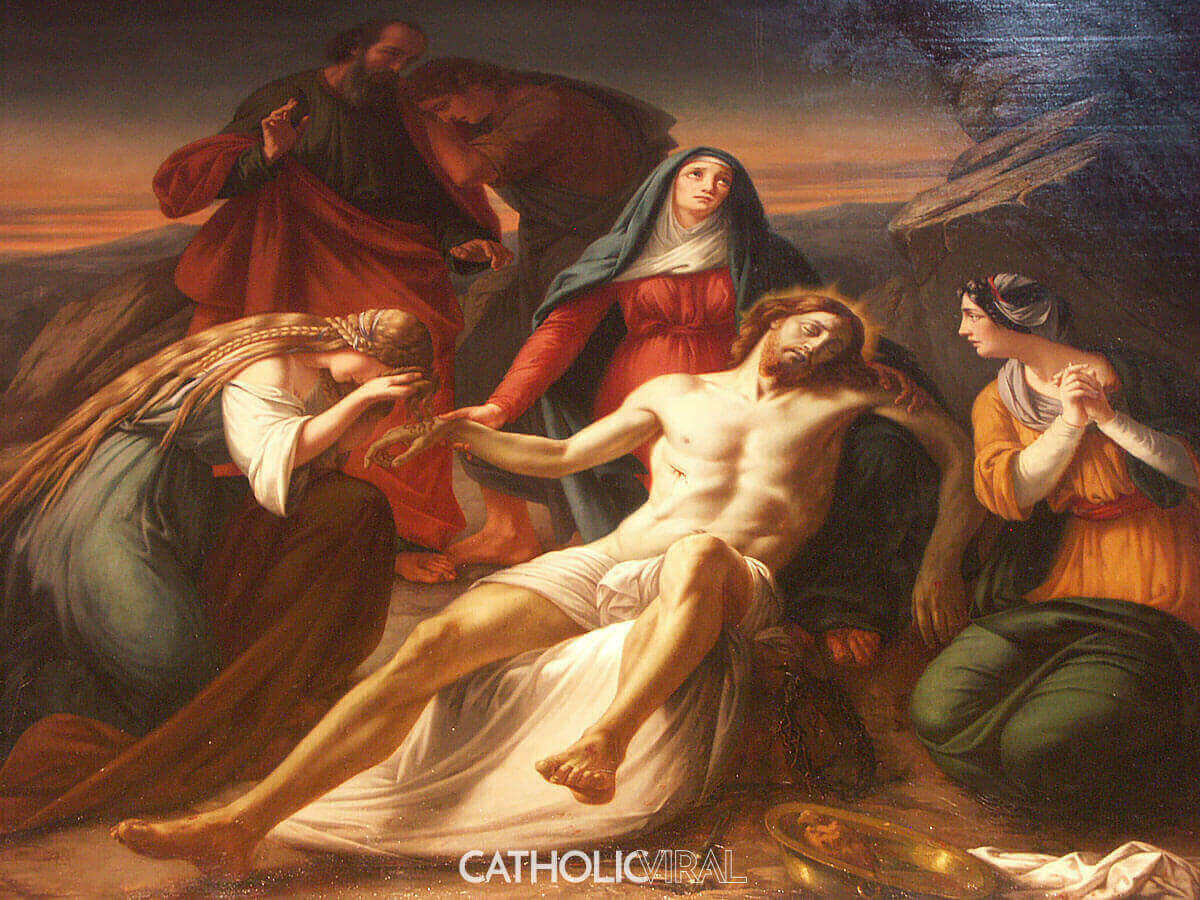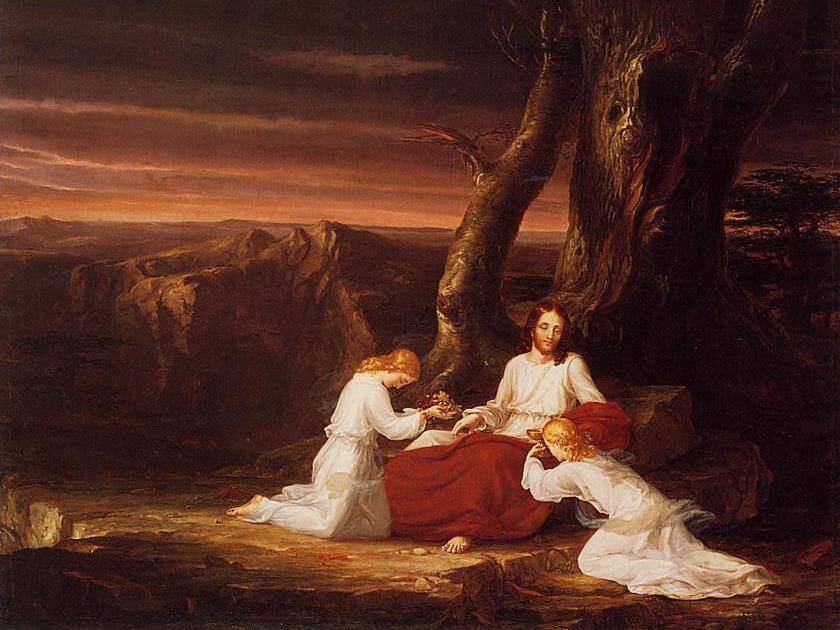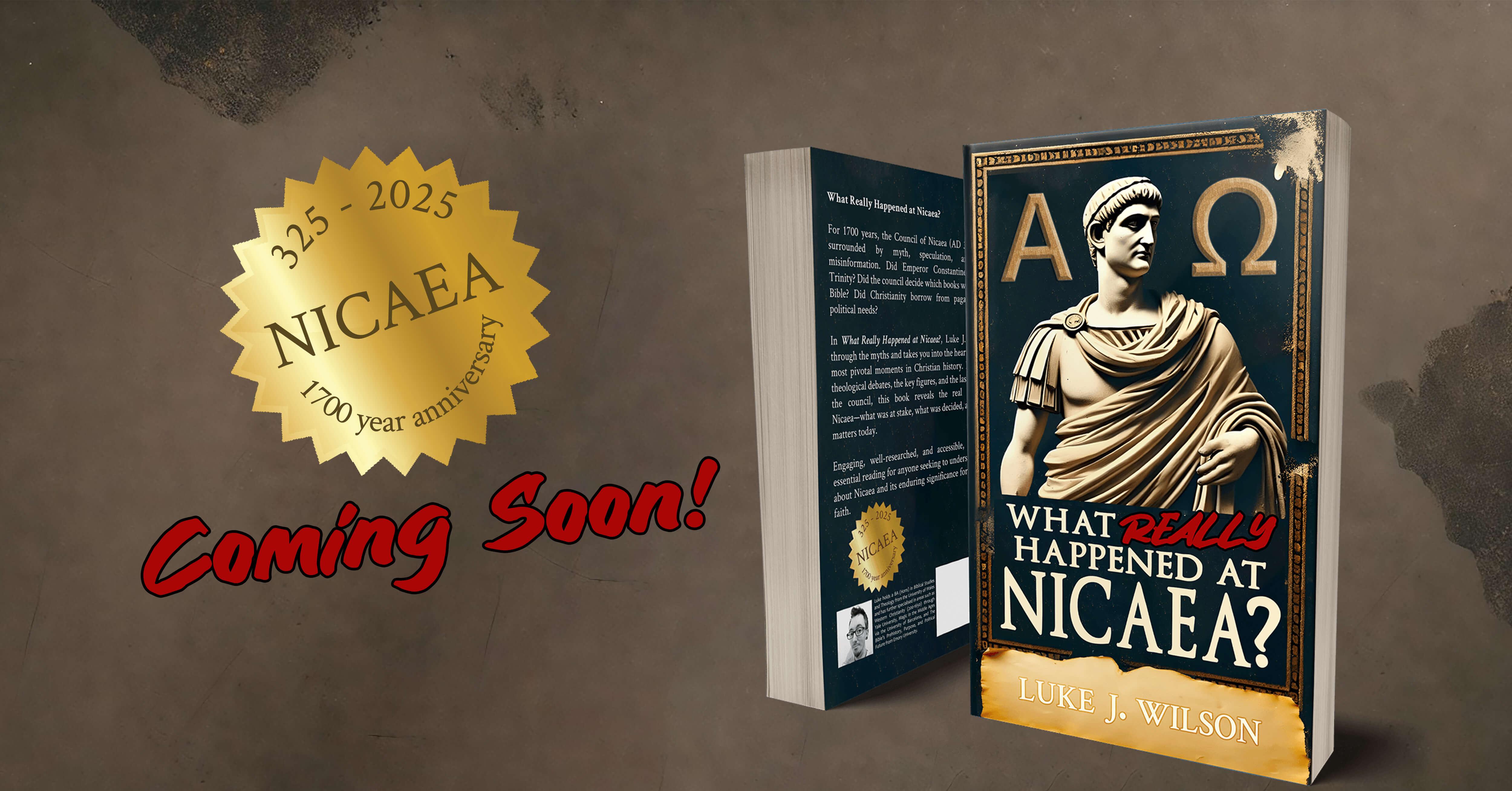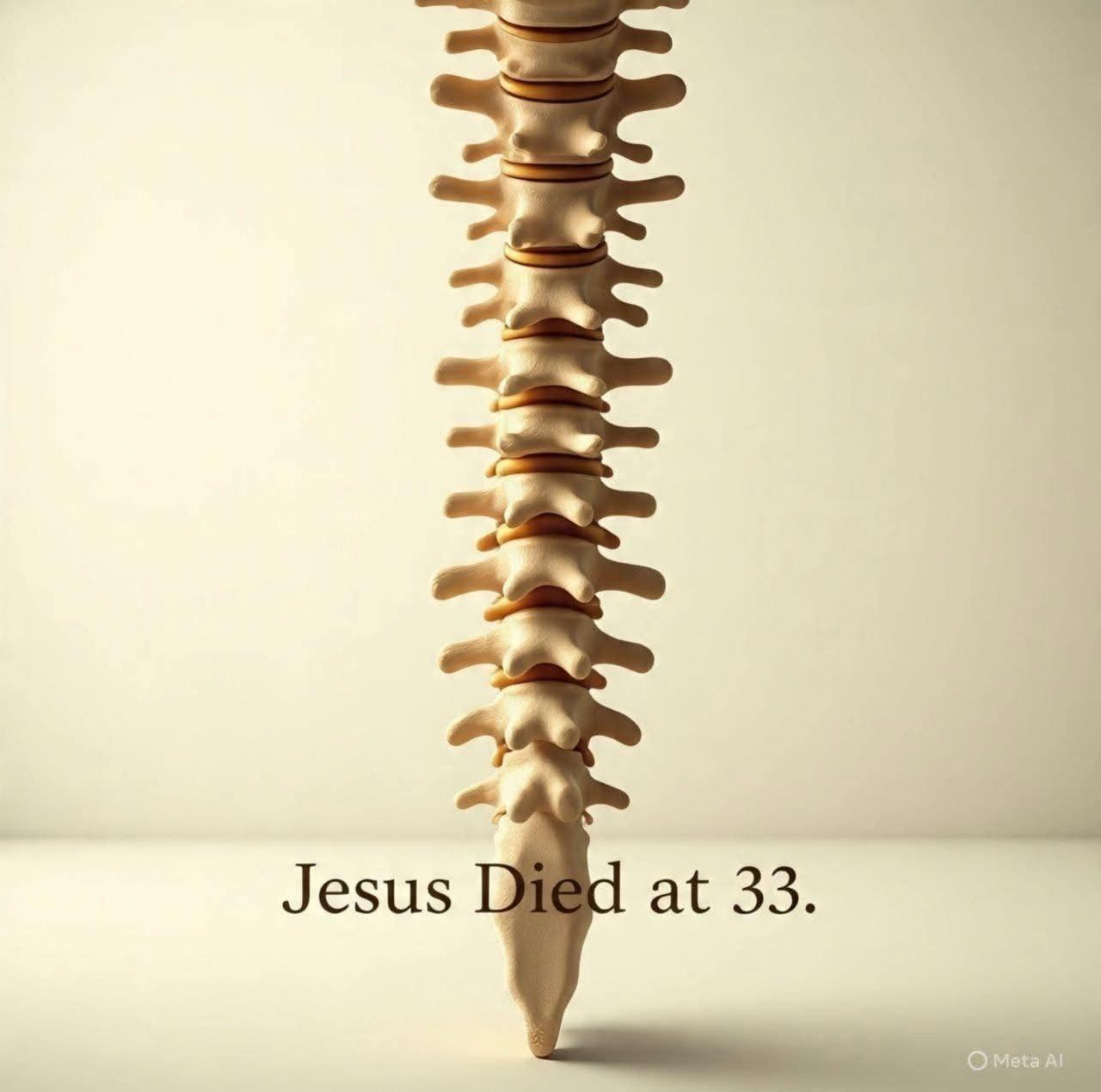Lent Day 19: Cyprian: On the Unity of the Church: 10-18
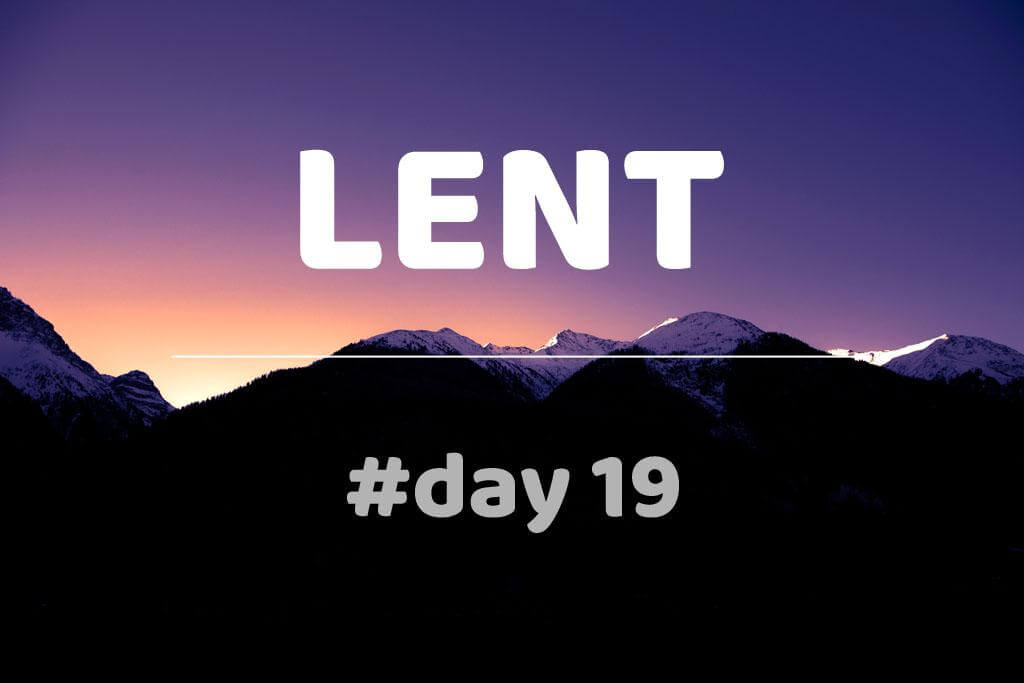
Day Nineteen: St. Cyprian: On the Unity of the Church: 10-18
Who: Third century bishop of Carthage (in modern Tunisia), and martyr from Africa
What: A letter to encourage the unity of the church against schisms and heresy during massive Roman persecution
Why: A disturbance had happened in the church because of a priest called Novatian — a schismatic of the third century, and founder of the sect of the Novatians. Cyprian wrote to counter this and argues that there can only be one united Church, and the Novatian breakaway was a false church and that Novatian was an antipope.
When: Around 249 AD
You can find today’s reading on page 97 here: lentfatherscomplete.pdf
Continuing on from yesterday's theme about those who depart from the true and unified Church, Cyprian moves into saying that this is the reason heresies are frequently appearing — “while a discordant faithlessness does not maintain unity”.
1 John 2:19
They went forth from us, but they were not of us; for if they had been of us, surely they would have continued with us.
He goes on to say that the “Lord permits and suffers these things to be” so that personal liberty may still exist, but that God will use these for his own glory to show that which is genuine in contrast to the false, as Paul wrote to the Corinthians:
1 Corinthians 11:19
Indeed, there have to be factions (Gk. Heresies) among you, for only so will it become clear who among you are genuine.
Of these people, Cyprian makes reference to Psalm 1 as those who sit “in the seat of pestilence”. He has much harsher words about them too, which I just have to quote in full so you can really understand how serious this matter of creating heresy and schism was taken:
[They are] deceiving with serpent's tongue, and artful in corrupting the truth, vomiting forth deadly poisons from pestilential tongues; whose speech does creep like a cancer, whose discourse forms a deadly poison in the heart and breast of every one.
No minced words here, that's for sure! These are also the people Jeremiah prophesied about too, he says, quoting Jer 2:13; 27:15; 23:21-22 as one combined paragraph against the heretics.
Explaining more about how these schismatics operate, Cyprian points to Matthew 18:20 – “For where two or three are gathered in my name, I am there among them”, and explains that this verse has been abused and misinterpreted by these heretics for their own ends as a way of saying their church gatherings are just as valid as the rest.
He says that these “false interpreters of the Gospel” only quote the last words, ignoring the previous verses, and so cut off one section of the Lord’s words, just as they cut themselves off from the Church.
Quoting the full statement from Jesus (vv. 19,20), Cyprian goes on to bring quite an in depth interpretation of these verses and explains what they do and don’t mean.
Matthew 18:19-20
Again, truly I tell you, if two of you agree on earth about anything you ask, it will be done for you by my Father in heaven. For where two or three are gathered in my name, I am there among them.”
There are a few preachers today, mostly within the Prosperity Gospel movement, who would claim this verse means that you can literally ask for anything and have it (and if you don’t get it, then it’s your own lack of faith stopping you). Cyprian interprets this instruction by Jesus as a way of him urging for “unanimity and peace upon His disciples” in the things which they pray for; that they are all of one mind and purpose when they come together and come before God. This is similar then to what Jesus says in John 17:11 where he prays for his disciples to “be one, as we are one”. So that when two or three are gathered in His name, Jesus is “showing that most is given, not to the multitude, but to the unanimity of those that pray”.
When Jesus says “I am with them”, it is meaning that he is “with the simple and peaceable–with those who fear God and keep God's commandments” and goes on to give some examples from Scripture based on this, such as; Shadrach, Meshach, and Abednego being in one accord with their prayers in the fiery furnace, and Christ came among them to deliver them; and again in Acts 5:17-20 (or Acts 16:25-26) when the Apostles were arrested and put in prison, but then were delivered miraculously delivered because they, or the Church, were “simple-minded and of one mind” in what they asked.
This single-minded unity of prayer and purpose is asked of by Jesus because “He is rather with two or three who pray with one mind, than with a great many who differ”. A powerful statement indeed, I think.
But not only this, to ensure full unity within the Church body, Cyprian then says that when Jesus “gave the law of prayer”, he made sure to add a prerequisite, so that everyone who asks of God, may be required to live in unity with one another if they expect to be heard. This is why in Mark 11:25, Jesus says, when “you stand praying, forgive, if you have anything against anyone” because then God “calls back from the altar one who comes to the sacrifice in strife, and bids him first agree with his brother, and then return with peace and offer his gift to God”, therefore requiring unity and peace with one another at all times.
Stronger still, Cyprian goes further to say that even if those who have separated from the Church were to be martyred for the name of Jesus, that this wouldn’t ensure they were crowned with righteousness and enter the Kingdom, since “he cannot show himself a martyr who has not maintained brotherly love”. Using 1 Cor 13 to back up his point, Cyprian goes on to say that though they may die or do works, to do it without love and unity of the Church, it is nothing; to not remain in the unified brotherly love of the Church Body is to go against what John wrote in 1 John 4:7-8;12 too.
“For both to prophesy and to cast out devils, and to do great acts upon the earth is certainly a sublime and an admirable thing” – but these things do not guarantee the Kingdom to you, as Jesus made clear in Matthew 7:21-23, “unless he walks in the observance of the right and just way” of Christ and the Church, as outlined by Jesus in Mark 12:29-31, which teaches love and unity in one –
Jesus answered, “The first is, ‘Hear, O Israel: the Lord our God, the Lord is one; you shall love the Lord your God with all your heart, and with all your soul, and with all your mind, and with all your strength.’ The second is this, ‘You shall love your neighbor as yourself.’ There is no other commandment greater than these.”
But what peace, love and unity can one keep if “with the madness of discord, divides the Church, destroys the faith, disturbs the peace, dissipates charity, [and] profanes the sacrament?”. Quoting from 2 Tim 3:1-9, Cyprian basically says “but what do you expect?” since the Apostle Paul already predicted this would happen through the Holy Spirit.
Despite this, and the schisms and those who would cause them, Cyprian says that this shouldn’t worry the believers “but rather strengthen our faith in the truthfulness”. Referencing Jesus’ words when he says that the “blind lead the blind” (Matthew 15:14), he warns that if any come across these people, to avoid them so as not to be lead astray by blind leaders and thus “fall into the ditch”.
Cyprian closes up this chapter with a recap of various times in the past when God’s people rebelled against his appointed leaders and rules, and how they faced the consequences for their actions, being judged by God; one such example being the rather drastic event in Num 26:9-10 when the earth opened up and swallowed those who rebelled and the fire that consumed 250 others who were party to it!
I think the point is clear: Jesus is the head of the Church, and any who would try to divide his Body takes a grave risk of provoking the anger of the Lord against them, and any who should follow their deception.
Leave a comment Like Back to Top Seen 597 times Liked 0 times
Enjoying this content?
Support my work by becoming a patron on Patreon!
By joining, you help fund the time, research, and effort that goes into creating this content — and you’ll also get access to exclusive perks and updates.
Even a small amount per month makes a real difference. Thank you for your support!
Subscribe to Updates
If you enjoyed this, why not subscribe to free email updates and join over 864 subscribers today!
My new book is out now! Order today wherever you get books
Recent Posts
Luke J. Wilson | 19th August 2025 | Fact-Checking
A poetic post has been circulating widely on Facebook, suggesting that our anatomy mirrors various aspects of Scripture. On the surface it sounds inspiring, but when we take time to weigh its claims, two main problems emerge. The viral post circulating on Facebook [Source] First, some of its imagery unintentionally undermines the pre-existence of Christ, as if Jesus only “held the earth together” for the 33 years of His earthly life. Second, it risks reducing the resurrection to something like biological regeneration, as if Jesus simply restarted after three days, instead of being raised in the miraculous power of God. Alongside these theological dangers, many of the scientific claims are overstated or symbolic rather than factual. Let’s go through them one by one. 1. “Jesus died at 33. The human spine has 33 vertebrae. The same structure that holds us up is the same number of years He held this Earth.” The human spine does generally have 33 vertebrae, but that number includes fused bones (the sacrum and coccyx), and not everyone has the same count. Some people have 32 or 34. More importantly, the Bible never says Jesus was exactly 33 when He died — Luke tells us He began His ministry at “about thirty” (Luke 3:23), and we know His public ministry lasted a few years, but His precise age at death is a tradition, not a biblical statement. See my other recent article examining the age of Jesus here. Theologically, the phrase “the same number of years He held this Earth” is problematic. Jesus did not hold the world together only for 33 years. The eternal Word was with God in the beginning (John 1:1–3), and “in Him all things hold together” (Colossians 1:17). Hebrews says He “sustains all things by His powerful word” (Hebrews 1:3). He has always upheld creation, before His incarnation, during His earthly ministry, and after His resurrection. To imply otherwise is to risk undermining the pre-existence of Christ. 2. “We have 12 ribs on each side. 12 disciples. 12 tribes of Israel. God built His design into our bones.” Most people do have 12 pairs of ribs, though some are born with an extra rib, or fewer. The number 12 is certainly biblical: the 12 tribes of Israel (Genesis 49), the 12 apostles (Matthew 10:1–4), and the 12 gates and foundations of the New Jerusalem (Revelation 21). But there’s no biblical connection between rib count and these symbolic twelves. This is a case of poetic association, not design woven into our bones. The only real mention of ribs in Scripture is when Eve is created from one of Adam’s ribs in Genesis 2:21–22, which has often led to the teaching in some churches that men have one less rib than women (contradicting this new claim)! 3. “The vagus nerve runs from your brain to your heart and gut. It calms storms inside the body. It looks just like a cross.” The vagus nerve is real and remarkable. It regulates heart rate, digestion, and helps calm stress, and doctors are even using vagus nerve stimulation as therapy for epilepsy, depression, and inflammation showing it really does “calm storms” in the body. But it does not look like a cross anatomically. The language about “calming storms” may echo the way Jesus calmed the storm on the Sea of Galilee (Mark 4:39), but here again the poetic flourish stretches science (and Scripture) beyond what’s accurate. 4. “Jesus rose on the third day. Science tells us that when you fast for 3 days, your body starts regenerating. Old cells die. New ones are born. Healing begins. Your body literally resurrects itself.” There’s a serious theological problem here. To equate Jesus’ resurrection with a biological “regeneration” after fasting is to misrepresent what actually happened. Fasting can indeed trigger cell renewal and immune repair, but it cannot bring the dead back to life. It’s still a natural process that happens...
Luke J. Wilson | 08th July 2025 | Islam
“We all worship the same God”. Table of Contents 1) Where YHWH and Allah Appear Similar 2) Where Allah’s Character Contradicts YHWH’s Goodness 3) Where Their Revelations Directly Contradict Each Other 4) YHWH’s Love for the Nations vs. Allah’s Commands to Subjugate 5) Can God Be Seen? What the Bible and Qur’an Say 6) Salvation by Grace vs. Salvation by Works Conclusion: Same God? Or Different Revelations? You’ve heard it from politicians, celebrities, and even some pastors. It’s become something of a modern mantra, trying to shoehorn acceptance of other beliefs and blend all religions into one, especially the Abrahamic ones. But what if the Bible and Qur’an tell different stories? Let’s see what their own words reveal so you can judge for yourself. This Tweet recently caused a stir on social media 1) Where YHWH and Allah Appear Similar Many point out that Jews, Christians, and Muslims share a belief in one eternal Creator God. That’s true — up to a point. Both the Bible and Qur’an describe God as powerful, all-knowing, merciful, and more. Here’s a list comparing some of the common shared attributes between YHWH and Allah, with direct citations from both Scriptures: 26 Shared Attributes of YHWH and Allah According to the Bible (NRSV) and the Qur’an Eternal YHWH: “From everlasting to everlasting you are God.” — Psalm 90:2 Allah: “He is the First and the Last…” — Surah 57:3 Creator YHWH: “In the beginning God created the heavens and the earth.” — Genesis 1:1 Allah: “The Originator of the heavens and the earth…” — Surah 2:117 Omnipotent (All-Powerful) YHWH: “Nothing is too hard for you.” — Jeremiah 32:17 Allah: “Allah is over all things competent.” — Surah 2:20 Omniscient (All-Knowing) YHWH: “Even before a word is on my tongue, O LORD, you know it.” — Psalm 139:4 Allah: “He knows what is on the land and in the sea…” — Surah 6:59 Omnipresent (Present Everywhere) YHWH: “Where can I go from your Spirit?” — Psalm 139:7–10 Allah: “He is with you wherever you are.” — Surah 57:4 Holy YHWH: “Holy, holy, holy is the LORD of hosts.” — Isaiah 6:3 Allah: “The Holy One (Al-Quddus).” — Surah 59:23 Just YHWH: “A God of faithfulness and without injustice.” — Deuteronomy 32:4 Allah: “Is not Allah the most just of judges?” — Surah 95:8 Merciful YHWH: “The LORD, merciful and gracious…” — Exodus 34:6 Allah: “The Most Gracious, the Most Merciful.” — Surah 1:1 Compassionate YHWH: “As a father has compassion on his children…” — Psalm 103:13 Allah: “He is the Forgiving, the Affectionate.” — Surah 85:14 Faithful YHWH: “Great is your faithfulness.” — Lamentations 3:22–23 Allah: “Indeed, the promise of Allah is truth.” — Surah 30:60 Unchanging YHWH: “For I the LORD do not change.” — Malachi 3:6 Allah: “None can change His words.” — Surah 6:115 Sovereign YHWH: “The LORD has established his throne in the heavens…” — Psalm 103:19 Allah: “Blessed is He in whose hand is dominion…” — Surah 67:1 Loving YHWH: “God is love.” — 1 John 4:8 Allah: “Indeed, my Lord is Merciful and Affectionate (Al-Wadud).” — Surah 11:90 Forgiving YHWH: “I will not remember your sins.” — Isaiah 43:25 Allah: “Allah forgives all sins…” — Surah 39:53 Wrathful toward evil YHWH: “The LORD is a jealous and avenging God…” — Nahum 1:2 Allah: “For them is a severe punishment.” — Surah 3:4 One/Unique YHWH: “The LORD is one.” — Deuteronomy 6:4 Allah: “Say: He is Allah, One.” — Surah 112:1 Jealous of worship YHWH: “I the LORD your God am a jealous God.” �...
Luke J. Wilson | 05th June 2025 | Blogging
As we commemorated the 500th anniversary of the Protestant Reformation this year, the familiar image of Martin Luther striding up to the church door in Wittenberg — hammer in hand and fire in his eyes — has once again taken centre stage. It’s a compelling picture, etched into the imagination of many. But as is often the case with historical legends, closer scrutiny tells a far more nuanced and thought-provoking story. The Myth of the Door: Was the Hammer Ever Raised? Cambridge Reformation scholar Richard Rex is one among several historians who have challenged the romanticised narrative. “Strangely,” he observes, “there’s almost no solid evidence that Luther actually went and nailed them to the church door that day, and ample reasons to doubt that he did.” Indeed, the first image of Luther hammering up his 95 Theses doesn’t appear until 1697 — over 180 years after the fact. Eric Metaxas, in his recent biography of Luther, echoes Rex’s scepticism. The earliest confirmed action we can confidently attribute to Luther on 31 October 1517 is not an act of public defiance, but the posting of two private letters to bishops. The famous hammer-blow may never have sounded at all. Conflicting Accounts Philip Melanchthon, Luther’s successor and first biographer, adds another layer of complexity. He claimed Luther “publicly affixed” the Theses to the door of All Saints’ Church, but Melanchthon wasn’t even in Wittenberg at the time. Moreover, Luther himself never mentioned posting the Theses publicly, even when recalling the events years later. Instead, he consistently spoke of writing to the bishops, hoping the matter could be addressed internally. At the time, it was common practice for a university disputation to be announced by posting theses on church doors using printed placards. But no Wittenberg-printed copies of the 95 Theses survive. And while university statutes did require notices to be posted on all church doors in the city, Melanchthon refers only to the Castle Church. It’s plausible Luther may have posted the Theses later, perhaps in mid-November — but even that remains uncertain. What we do know is that the Theses were quickly circulated among Wittenberg’s academic elite and, from there, spread throughout the Holy Roman Empire at a remarkable pace. The Real Spark: Ink, Not Iron If there was a true catalyst for the Reformation, it wasn’t a hammer but a printing press. Luther’s Latin theses were swiftly reproduced as pamphlets in Basel, Leipzig, and Nuremberg. Hundreds of copies were printed before the year’s end, and a German translation soon followed, though it may never have been formally published. Within two weeks, Luther’s arguments were being discussed across Germany. The machinery of mass communication — still in its relative infancy — played a pivotal role in what became a theological, political, and social upheaval. The Letters of a Conscientious Pastor Far from the bold revolutionary of popular imagination, Luther appears in 1517 as a pastor deeply troubled by the abuse of indulgences, writing with respectful concern to those in authority. In his letter to Archbishop Albrecht of Mainz, he humbly addresses the archbishop as “Most Illustrious Prince,” and refers to himself as “the dregs of humanity.” “I, the dregs of humanity, have so much boldness that I have dared to think of a letter to the height of your Sublimity,” he writes — hardly the voice of a man trying to pick a fight. From Whisper to Roar Luther’s initial appeal through formal channels was, predictably, ignored. He was advised not to make trouble. But as opposition mounted and corruption remained unchecked, the once quiet reformer grew louder. His theological convictions deepened, and his public persona evolved. The lion did eventually roar — but not on October 31. A Catholic Reformer, Not a Protestant Founder It’s vital to remem...
Luke J. Wilson | 20th May 2025 | Islam
You are not alone. Around the world, many Muslims — people who already believe in one God, pray, and seek to live righteously — are drawn to know more about Jesus (ʿĪsā in Arabic). Some have heard He is more than a prophet. Some have sensed His presence in a dream or vision. And some simply long to know God more deeply, personally, and truly. So what does it mean to become a Christian? And how can you take that step? This guide is for you. 1. What Christians Believe About God and Jesus ➤ One God, Eternal and Good Christians believe in one God — the same Creator known to Abraham, Moses, and the prophets. But we also believe God is more personal and relational than many realise. In His love, He has revealed Himself as Father, Son (Jesus), and Holy Spirit — not three gods, but one God in three persons. ➤ Jesus Is More Than a Prophet Muslims honour Jesus as a great prophet, born of the virgin Mary. Christians also affirm this — but go further. The Bible teaches that Jesus is the Word of God (Kalimat Allāh), who became flesh to live among us. He performed miracles, healed the sick, raised the dead — and lived without sin.Jesus came not just to teach but to save — to bring us back to God by bearing our sins and rising again in victory over death. 2. Why Do We Need Saving? ➤ The Problem: Sin All people — no matter their religion — struggle with sin. We lie, get angry, feel jealous, act selfishly, or fail to love God fully. The Bible says: “All have sinned and fall short of the glory of God.” (Romans 3:23) Sin separates us from God. And no matter how many good deeds we do, we can never make ourselves perfect or holy before Him. ➤ The Solution: Jesus Because God loves us, He did not leave us in our sin. He sent Jesus, His eternal Word, to live as one of us. Jesus died willingly, offering His life as a sacrifice for our sins, then rose again on the third day. “But God proves his love for us in that while we still were sinners Christ died for us.” (Romans 5:8) 3. How Do I Become a Christian? Becoming a Christian is not about joining a Western religion. It’s about entering a relationship with God through faith in Jesus Christ. Here is what the Bible says: ✝️ 1. Believe in Jesus Believe that Jesus is the Son of God, that He died for your sins, and that He rose again. “If you confess with your lips that Jesus is Lord and believe in your heart that God raised him from the dead, you will be saved.” (Romans 10:9) 💔 2. Repent of Your Sins Turn away from sin and ask God to forgive you. This is called repentance. It means being truly sorry and choosing a new way. “Repent therefore, and turn to God so that your sins may be wiped out.” (Acts 3:19) 💧 3. Be Baptised Jesus commands His followers to be baptised in water as a sign of their new life. Baptism represents washing away your old life and rising into a new one with Jesus. “Repent and be baptised every one of you in the name of Jesus Christ so that your sins may be forgiven.” (Acts 2:38) 🕊️ 4. Receive the Holy Spirit When you believe in Jesus, God gives you the Holy Spirit to live within you, guiding you, comforting you, and helping you follow His will. “You received the Spirit of adoption, by whom we cry, ‘Abba! Father!’” (Romans 8:15) 🧎 5. Begin a New Life As a Christian, you are born again — spiritually renewed. You begin to grow in faith, love, and holiness. You read the Bible, pray, fast, and gather with other believers. Your life is no longer your own; you now live for God. 4. What Does a Christian Life Look Like? Jesus said: “If anyone wants to become my followers, let them deny themselves and take up their cross and follow me.” (Matthew 16:24) This means: Loving God with all your heart Loving your neighbour — even your enemies Forgiving others ...



